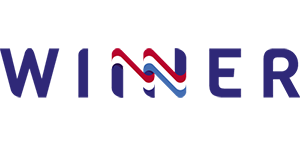
BIOGRAPHY
My key areas of research include synergies between biodiversity conservation and food security, rural livelihoods, human agency in livelihood and social-ecological systems research, gender research and gender transformative approaches, food and nutrition security, and institutional change for sustainability transformation. I am experienced in mixed-methods research and qualitative research methods. I have expertise in interdisciplinary research, a strong track record in sustainability science, and experience at the international level. I have conducted field work in parts of Africa and Southeast Asia, particularly in contexts involving aquaculture production, small scale fisheries, and smallholder farming.
Presentation Summary
Aquaculture is the most rapidly growing food production sector globally. In certain coastal social-ecological systems, this has resulted in significant changes and sustainability challenges. In particular, coastal environments which used to support only capture fisheries are becoming sites for brackish water aquaculture production; this impacts the sustainability of aquatic food production. Sustainability challenges associated with aquaculture expansion and intensification necessitate a contextually rooted understanding of institutions and institutional changes which can be used as an informed basis for leveraging institutions to achieve desirable sustainability outcomes in the aquatic food sector.
This research used a qualitative empirical case study involving in-depth interviews, participant observation, and analysis of institutional documents in the region of Central Luzon, Philippines. It applied the inter-institutional systems concept which considers multiple institutions with distinct but linked purposes and functions in the societal spheres of state, market, and civil society.
The study found that aquaculture emerged as an important livelihood because of rice farmers’ need to adapt to saltwater intrusion into what were formerly rice farms. It grew into an industry due to developments in the availability and accessibility of inputs such as fingerlings and feeds. This process was also driven by the high demand and high profitability of fish farming at the time. Regulatory institutions have not adequately adapted to protect the environment. Market institutions adapted but the changes mostly benefited consignacions (middlemen) and largescale players. However, organised groups of collaborating smallholder fishers and fish farmers are helping to address the disadvantages they face.



